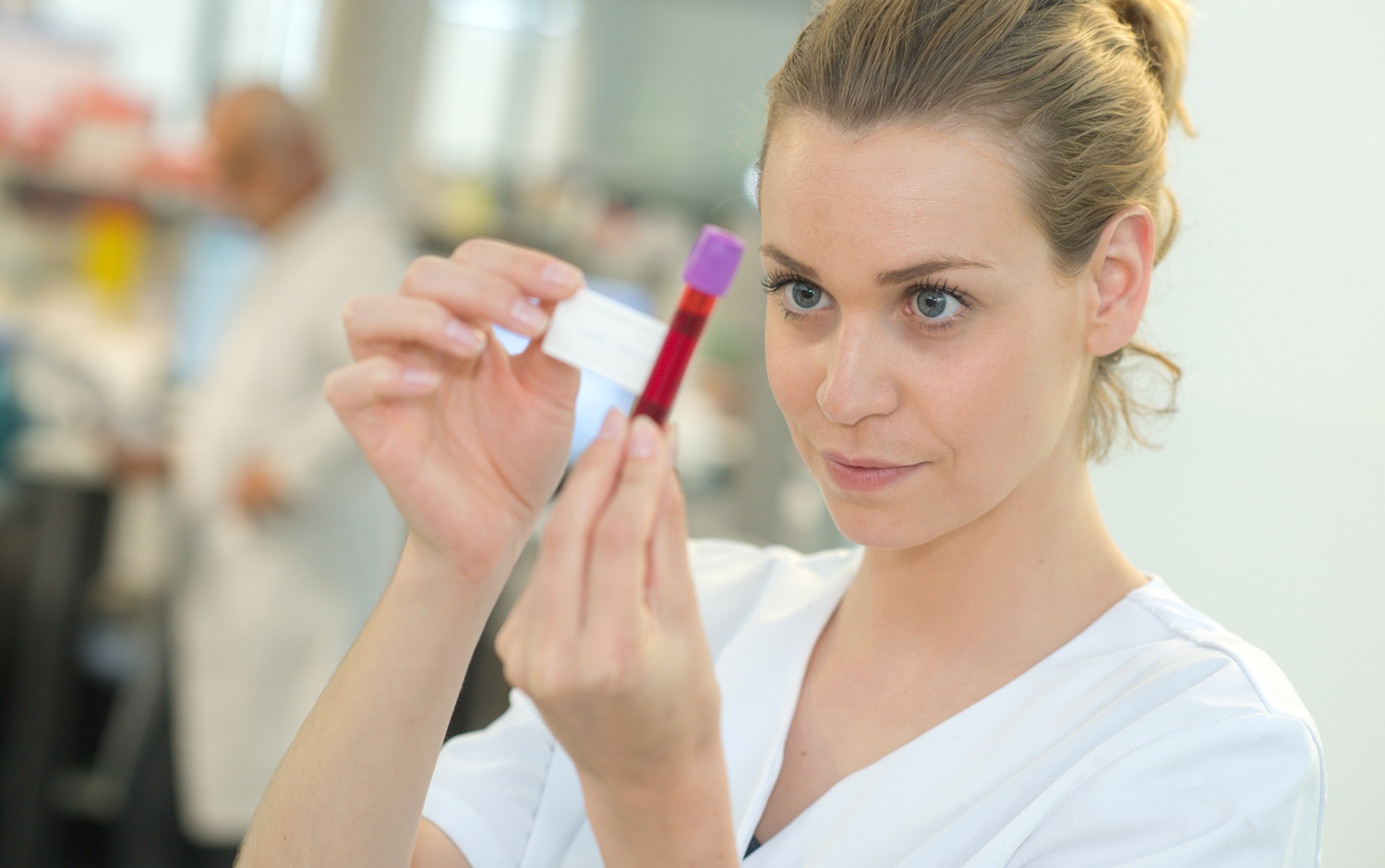 The Australian Competition & Consumers Commission is so concerned about the proposed $1.6 billion Australian Clinical Labs off-market takeover of Healius Pathology, which operates Western Diagnostic Pathology in WA, it has thrown it open to public submissions until August 10 before handing down its decision on October 12.
The Australian Competition & Consumers Commission is so concerned about the proposed $1.6 billion Australian Clinical Labs off-market takeover of Healius Pathology, which operates Western Diagnostic Pathology in WA, it has thrown it open to public submissions until August 10 before handing down its decision on October 12.
The ACCC’s 30-page statement of issues focuses on what it sees would be a dramatic decrease in market competitiveness if the takeover were to happen.
Among the tables published in its 30-page statement is the WA footprint of collection centres which shows that ACL and Healius have a combined total of 377 ACCs (ACL 172 plus 7 labs, Healius 205 plus 10 labs) or 56% of market share. Sonic has 217 (32.2%), PathWest 78 (11.6%) and Saturn 1 (0.1%) completing the profile.
Apart from some negative industry reaction (read on), the bid hasn’t gone down well in the Healius boardroom, which sees the move as inadequate.
Healius has been urging its shareholders to ‘take no action’ since March and issued a statement last week where the board unanimously recommend the “unsolicited” offer be rejected. Describing it as “plainly inadequate, highly conditional and highly uncertain”.
The board said it was not opposed to engaging in discussions with ACL, or another party, in relation to a control transaction or merger proposal that was in the best interests of Healius shareholders. “The ACL offer on its current terms is not that transaction.”
Now with the ACCC stepping in, no doubt things will be heating up in the ACL board room.
The RACGP has already stated its opposition to the merger and with memories of the highly controversial 2016 government deal with Pathology Australia over rents in co-located collection centres during the height of a federal election campaign, it is getting in early.
RACGP president Dr Nicole Higgins said if the merger went ahead, it would be harder for smaller players to compete, and easier for prices to rise.
“It is likely the proposed merger will result in changes to the way services are delivered, including potential restructuring of laboratory testing and diagnostic services,” she said in the RACGP submission, suggesting “weaker-performing” collection centres (mostly in rural centres) might close.
The merger could also reduce competition for renting co-located collection centres in general practices “impacting their financial viability and their ability to continue to provide patient care”, she said.

